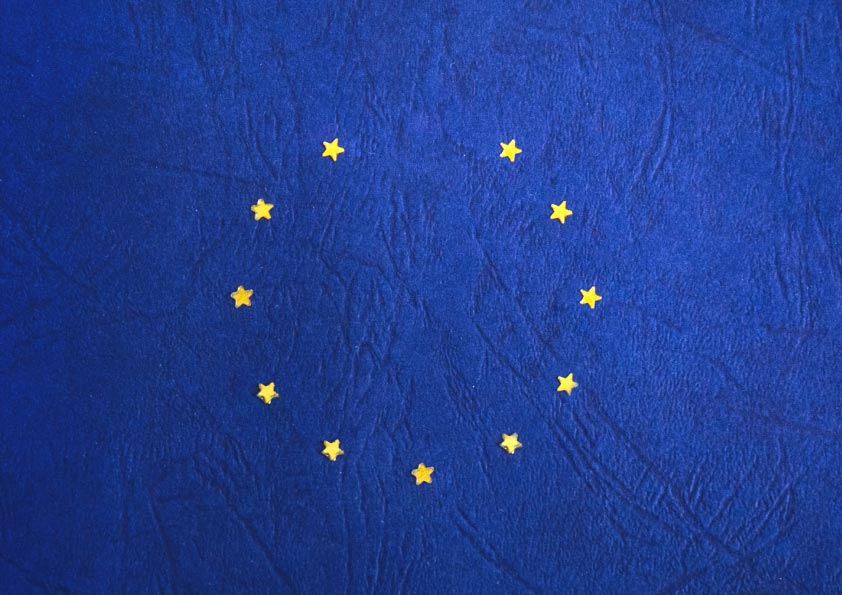If there’s one thing we can agree on, 2020 has been a strange and difficult year for most. As 2020 comes to an end and we step into the new year with haste, now more than ever is a crucial time to start to plan for the year ahead.
There are many political and economic factors that will need to be accounted for when planning, as well as keeping a close eye on competition and sector specific trends.
Before we get started, first things first… what exactly is a business plan and why is it beneficial to my business to have one?
What is a business plan?
A business plan is a roadmap for your business. It helps business owners see the bigger picture when it comes to planning and helps guide them to success. When owning a business, planning ahead is key to successful business decision making, after all you wouldn’t start a journey without checking out the best route before you set off.
Why is it important to have a business plan?
With recent research showing nearly half of small businesses fail, it’s key to plan and understand your sector.
Understanding your position in the market and planning for every eventuality is often key to a successful business. It’s important to lay out your business’s objectives and plan for where you see yourself heading, while putting in milestones to hit along the way will allow you to track success as your business grows and develops.
The main reasons business owners have a business plan is to help aid critical decision making, they help reduce risk, secure financial support from investors, set benchmarks and measure success, and plan for economic and government implications.
But where do you start when formulating a business plan in 2021?
As we know 2020 has been like no year before, so there are a few areas which need to be considered when planning for 2021, here are a few to bear in mind as we look at the year ahead:
- Be prepared for a stricter lockdown if infections increase after Christmas. You will need to plan for how this affects you operationally and think about the impact on budget
- Be prepared to plan for staff return to work after furlough ends in March 2021, there may be increases to overheads that need to be considered
- Do not assume that the furlough bonus of £1k per employee will be reintroduced, again these are potential increases to overheads that will need to be considered for later down the line
- Does IR35 impact you? You can find out the ins and outs of how this affects your business here: https://www.gov.uk/guidance/understanding-off-payroll-working-ir35
- Does reverse charge in CIS impact you? You can see how your business is affected here: https://www.gov.uk/guidance/vat-reverse-charge-technical-guide
- Marketing, sales strategy – consider any opportunities following Brexit. You can see tips and advice on planning for Brexit in our earlier blog here
If you’re looking for further help with where to get started with your business plan for 2021, we have a whole host of experts, specialising in different sectors who are happy to advise you as we head into another potentially turbulent year. Click here to contact us






